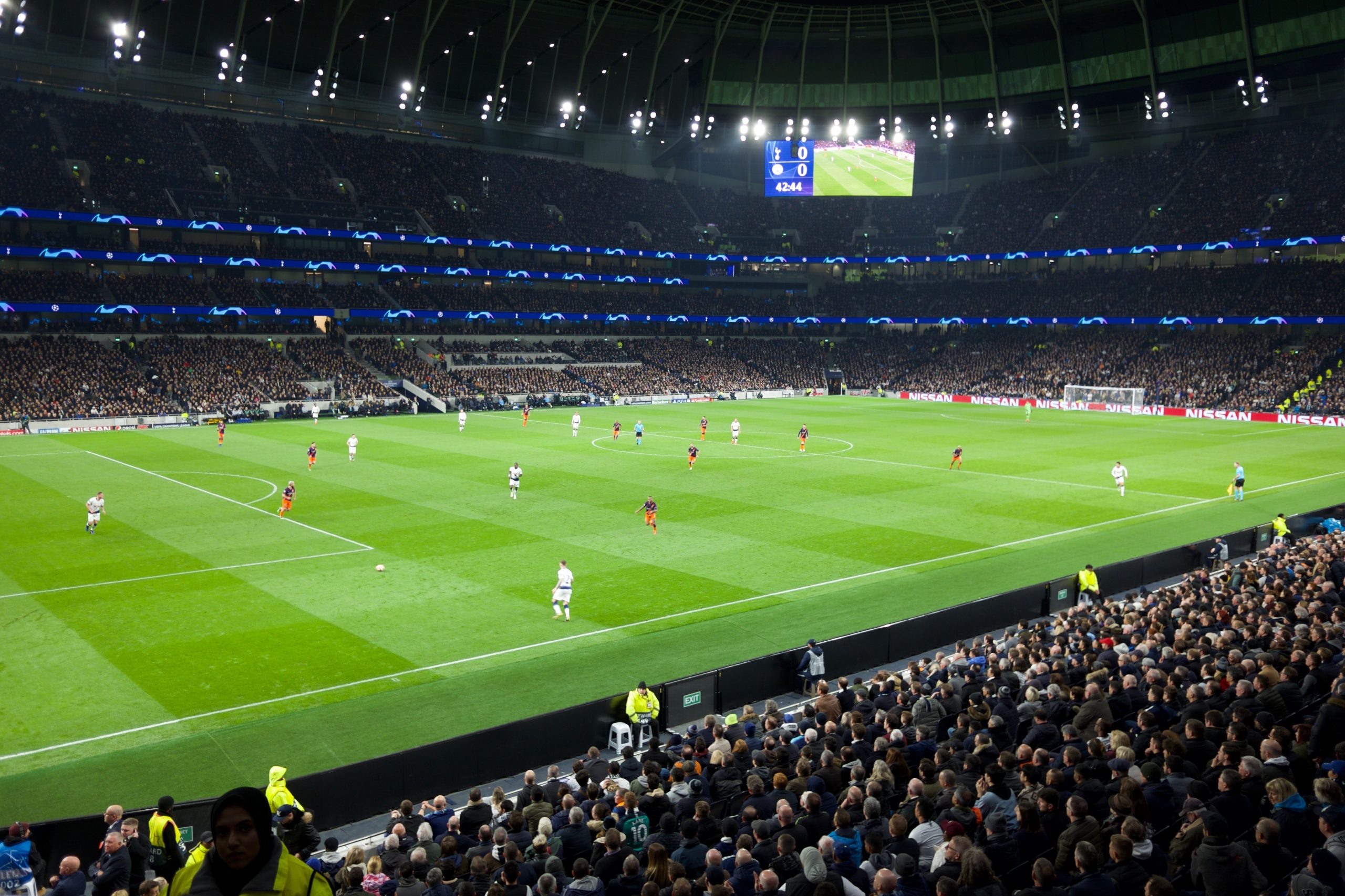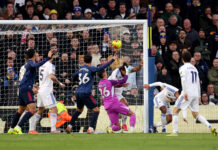The latest game between Tottenham and Liverpool finished with a result of 2-1 for the Spurs, and it was a hit for premier league betting enthusiasts. Yet, the match is still being played. Luis Diaz’s goal was disallowed during the recent clash between Tottenham Hotspur and Liverpool. This makes the Premier League face a decision about whether to replay a game or not.
The incident has ignited a firestorm of debate around VAR (Video Assistant Referee) and its implementation. Football enthusiasts are questioning the integrity of the game. This article explores the changing situation, possible legal solutions, and the impact of VAR in football.
What is VAR?
VAR, also known as Video Assistant Referee, is a technology used in football to help match officials make crucial decisions. It involves a team of video referees who review incidents and guide the on-field referees.
VAR was created to reduce mistakes and ensure fairness, but its implementation has caused mixed reviews. It often creates more controversy than clarity. Regardless, it’s a powerful tool that helps referees make adequate and fast decisions.
The Controversial Incident
In the spotlight of the recent VAR controversy is the disallowed goal by Liverpool’s Luis Diaz during the Tottenham Hotspur game. The Premier League’s referees’ body, PGMOL, is set to release audio recordings from the incident. The goal is to be transparent in a glaring officiating error.
Yet, this release comes with a caveat. Liverpool can review the communication between referee Simon Hooper, VAR Darren England, and assistant Dan Cook before it’s made public.
PGMOL sidelined Darren England and Dan Cook after the incident. Simon Hooper became the fourth official in the next game, which suggests he isn’t to blame.
Although they didn’t ask for a replay, Liverpool wants to find a solution to the issue.
The Legal Pathway
The potential replay of the Tottenham vs Liverpool game hinges on interpreting Premier League rules. Stephen Taylor Heath is the co-head of Sports Law at JMW Solicitors. He explains that Rule L18 allows the Premier League board to order a replay of a league match. This can happen if a commission under Rule W51 recommends it.
In addition, Rule W1 gives the League board power to investigate rule violations. At the same time, Rule N4 binds match officials to the game’s laws, protocols, and FA rules.
Liverpool’s statement implies they’ve sought legal advice and are ready to argue for a replay if VAR audio backs them. The legal pathway shows how important it is for football officiating to be accountable. It also emphasizes the need for a fair solution to the controversy.
The Broader Implications
Beyond the specific incident involving Tottenham vs Liverpool, this controversy reignites the broader debate surrounding VAR’s role in football.
VAR was supposed to reduce mistakes and increase transparency in decision-making. Yet, it often results in controversial calls and long pauses and frustrates fans by disrupting the game.
VAR is far from perfect. That’s what makes the Premier League think about a replay of the game. They know the system may need further refinement.
Football’s governing bodies must continue to evaluate and adapt the technology. They must find the right balance between ensuring fairness and preserving the excitement and spontaneity.
Conclusion
The Premier League is considering replaying the game because of the VAR controversy. People are paying more attention to how football uses technology.
The release of VAR audio and the legal avenues available to clubs signal a potential turning point in how football addresses officiating errors.
Regardless what’s the outcome, the incident underscores the need for continued refinement and transparency in implementing VAR. VAR is ensuring the beautiful game remains true to its spirit while embracing modern technology.





